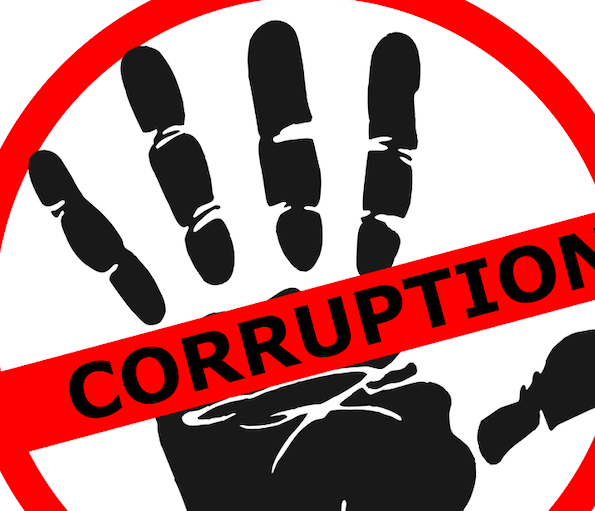Cape Town — South Africa finds itself on the wrong end of the 2024 Corruption Perceptions Index (CPI) as it placed 82nd out of 180 countries, far behind many first-world countries.
The 2024 CPI was released by Transparency International (TI) on Tuesday 11 February which revealed South Africa recorded a score of 41, which was unchanged from the previous year. South Africa’s previous scores included 43 in 2022, 44 between 2019-2021 and its highest score of 45 in 2016.
This figure falls slightly below the global average of 43 and has recorded a three-point decline since 2019. The TI said results are given on a scale from 0 (highly corrupt) to 100 (very clean).
South Africa ranked 82nd, level with countries such as Burkina Faso, Cuba, Hungary, Trinidad and Tobago and Tanzania. In Africa, it fell below countries Ghana (80th), Senegal, Ivory Coast and Benin (69th), Namibia (59th), Botswana and Rwanda (43rd) and Africa’s top-ranked country, Cape Verde (35th).
The top three ranked countries globally were Denmark, who scored 90, Finland (88) and Singapore (84).
The global average in the #CPI2024 remains at 43 out of 100 points, with over 2/3 of countries scoring below 50.
Billions of people live in countries where corruption destroys lives and undermines human rights.
Here’s the analysis➡️ https://t.co/uu5yFFIlXq
The results ⬇️ pic.twitter.com/w7cVsE5UET
— Transparency International (@anticorruption) February 11, 2025
According to TI, the CI covers the following measures:
- Bribery
- Diversion of public funds
- Officials using their public office for private gain without facing consequences
- Ability of governments to contain corruption in the public sector
- Excessive red tape in the public sector which may increase opportunities for corruption
- Nepotistic appointments in the civil service
- Laws ensuring that public officials must disclose their finances and potential conflicts of interest
- Legal protection for people who report cases of bribery and corruption
- State capture by narrow vested interests
- Access to information on public affairs/government activities
The TI does not cover:
- Citizens’ direct perceptions or experience of corruption
- Tax fraud
- Illicit financial flows
- Enablers of corruption (lawyers, accountants, financial advisors etc)
- Money-laundering
- Private sector corruption
- Informal economies and markets
According to TimesLIVE, TI chair Francois Valerian said corruption was an evolving global threat that does a lot more than just undermine development. He said it was a cause of declining democracy, instability and human rights violations.
“This is crucial to pushing back against authoritarianism and securing a peaceful, free and sustainable world. The dangerous trends revealed in this year’s CPI highlight the need to follow through with concrete action now to address global corruption,” he said.
TI believes corruption is strongly intertwined with one of “the biggest challenges humanity faces: climate change”.
“ Corruption in the form of undue influence obstructs policies aimed at addressing the climate crisis and leads to environmental damage. Protecting climate mitigation and adaptation efforts from corruption will make these life-saving activities more effective and benefit people in need,” TI said.
Follow African Insider on Facebook, Twitter and Instagram
Picture: Pixabay
For more African news, visit Africaninsider.com
Compiled by Matthew Petersen


